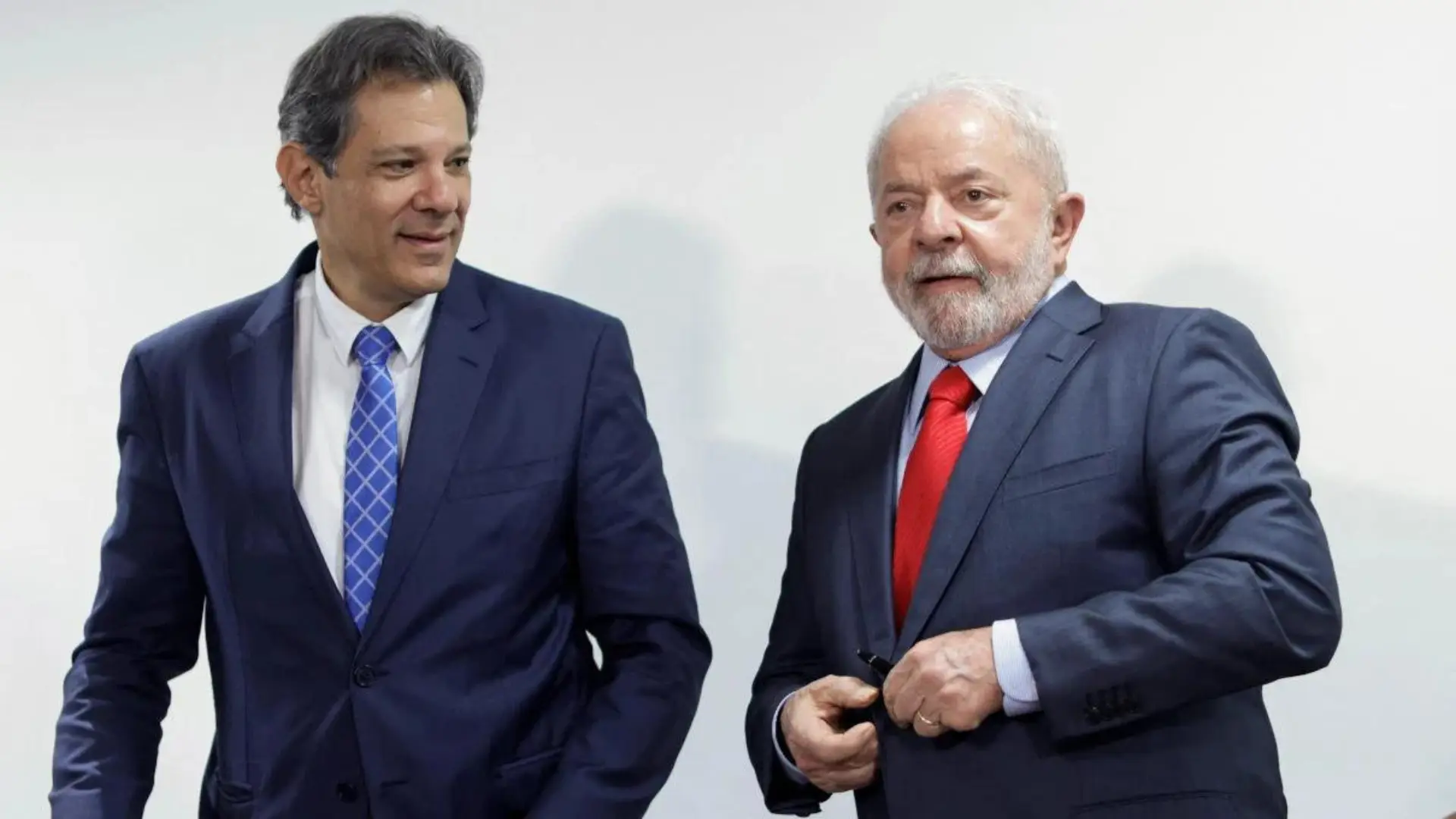A Genial/Quaest survey shows growing financial market confidence in Finance Minister Fernando Haddad, unlike President Luiz Inácio Lula da Silva.
Released on March 20, 2024, the study notes rising approval for Haddad while Lula sees a drop.
Quaest reports that 50% of analysts now approve of Haddad’s efforts, a significant increase from November.
Meanwhile, Lula’s positive ratings fell to 6%, with 60% disapproving. The study suggests concern over the government’s economic direction, with 71% of the market critical of Lula’s approach.
Analysts are split on the economic outlook, with nearly half expecting stability.

The survey involved 101 investment funds in São Paulo and Rio de Janeiro, focusing on key financial players.
Almost all respondents doubt the government’s zero-deficit goal for 2024.
Despite aims to close the deficit, challenges may adjust this target to 0.8% of the GDP. A third predicts a fiscal target revision by May.
Survey Highlights
Inflation Concerns:
- 51% think the government worries about inflation;
- 49% disagree.
Petrobras Dividends:
- 97% see withholding extra dividends as a mistake;
- 3% support the decision.
Central Bank’s Roberto Campos Neto:
- 94% rate his performance positively.
Lula’s Reelection Chances:
- 86% see him running again;
- 14% doubt it.
Bolsonaro’s Potential Arrest:
- 47% expect it;
- 53% do not.
This survey underlines the contrasting market views on Haddad and Lula, emphasizing economic policy impacts and future financial predictions.
Background
President Lula recently critiqued Vale and Eletrobras’ operations, suggesting these companies should align with national development goals.
This stance raises questions about the balance between public interest and private enterprise.
Applying political strategies to private firms has led to uncertainty. This uncertainty could scare off investors, complicating the government’s efforts.

